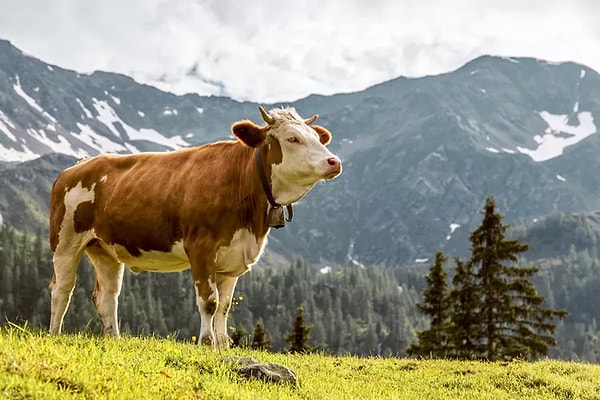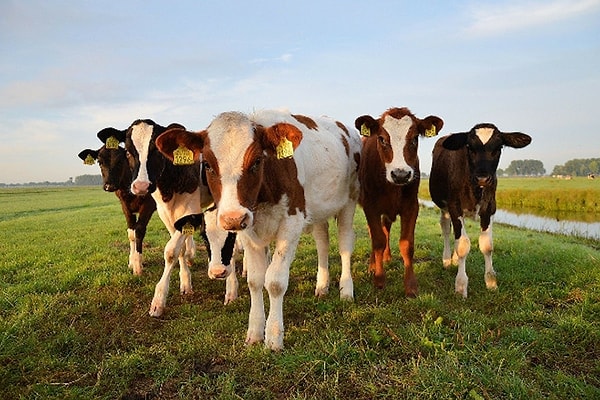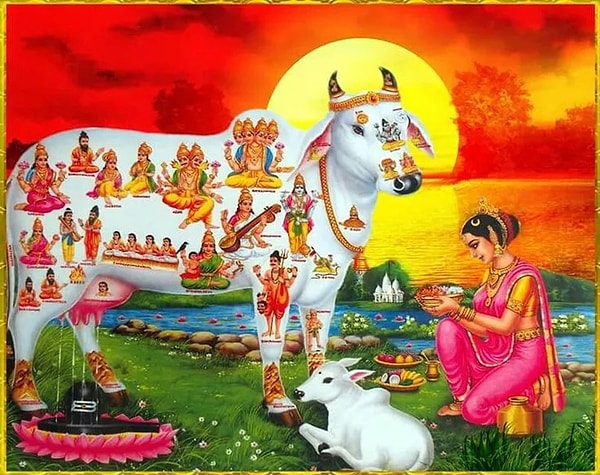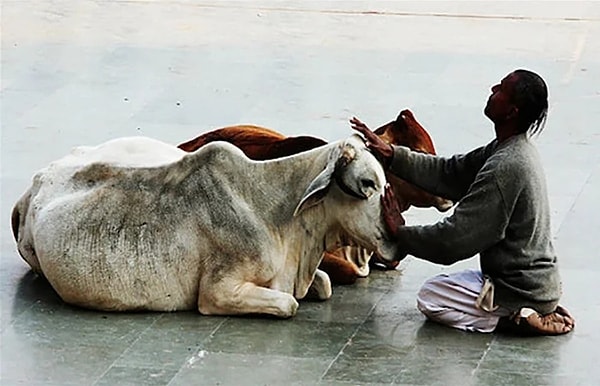The Fascinating Reasons Behind the Sacred Status of Cows in India
Hinduism has long captivated the world with its rich traditions and beliefs, but one aspect that particularly stands out is the revered status of cows in India. For the people of India, cows are not just animals; they hold deep cultural and spiritual significance. But what exactly makes these gentle creatures so sacred in Hindu society? Discover the intriguing reasons why cows are cherished in India and the profound impact they have on the lives of millions. You won’t believe the fascinating traditions and beliefs that elevate cows to such a revered position!
Why are cows considered sacred to Hindus? Why cows specifically, rather than another animal?

Cows in India not only fulfill basic needs but also hold significant religious importance. Since ancient times, Hindus have used products from cows, such as milk, dung, and urine, for both food and cleaning purposes.
Cow dung is used as fuel in rural areas and is also utilized for fertilizing and disinfecting.

In Hindu sacred texts, milk and dairy products are regarded as some of the most valuable foods and are thought to aid in calming the mind during meditation. Additionally, ghee, or clarified butter, made from cow's milk is used in Yajna fire ceremonies, which contributes to the sacred status of cows.
Hindus also show great respect for cows. But what is the reason for this?

Cows, which are often seen wandering quietly through the streets of India, do not pose a threat to anyone. In Hindu belief, cows symbolize tolerance, patience, and calmness. Because of these traits, they are seen as representatives of goodness and Dharma (the natural order). Furthermore, the love a cow shows for its calves is also appreciated.
Ancient Indians consumed meat while living in the mountains and plateaus, but when they settled in the plains, they began to adopt a vegetarian lifestyle.

As populations grew in cities along the banks of the Ganges River, they realized that vegetarianism reduced food scarcity issues. With urbanization, the environmental pollution caused by slaughterhouses became a significant problem, but the tradition of not eating meat helped mitigate this pollution.
In Western culture, pet ownership is somewhat similar to the way Hindus care for cows.

In Western countries, dog, cat, and horse meat is not consumed because these animals form close bonds with humans, and eating them is considered as horrific as killing a human. Similarly, many Hindus have formed special bonds with their cows, making it difficult for them to view them as a food source.
Keşfet ile ziyaret ettiğin tüm kategorileri tek akışta gör!


Send Comment